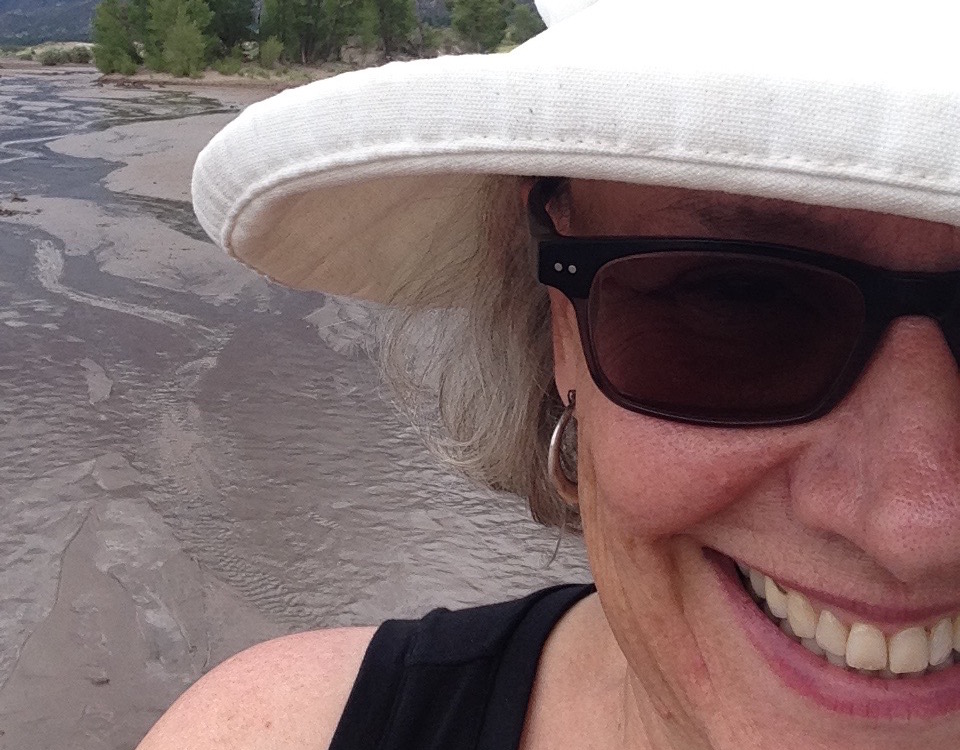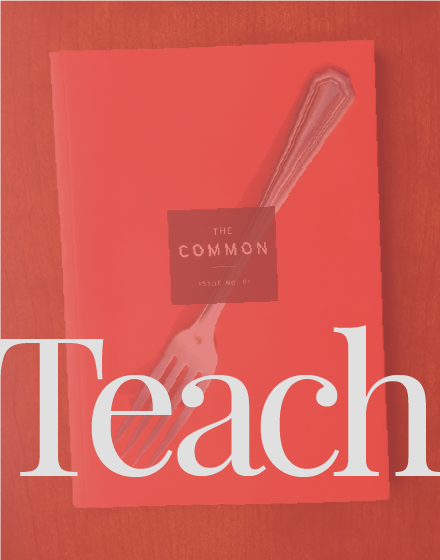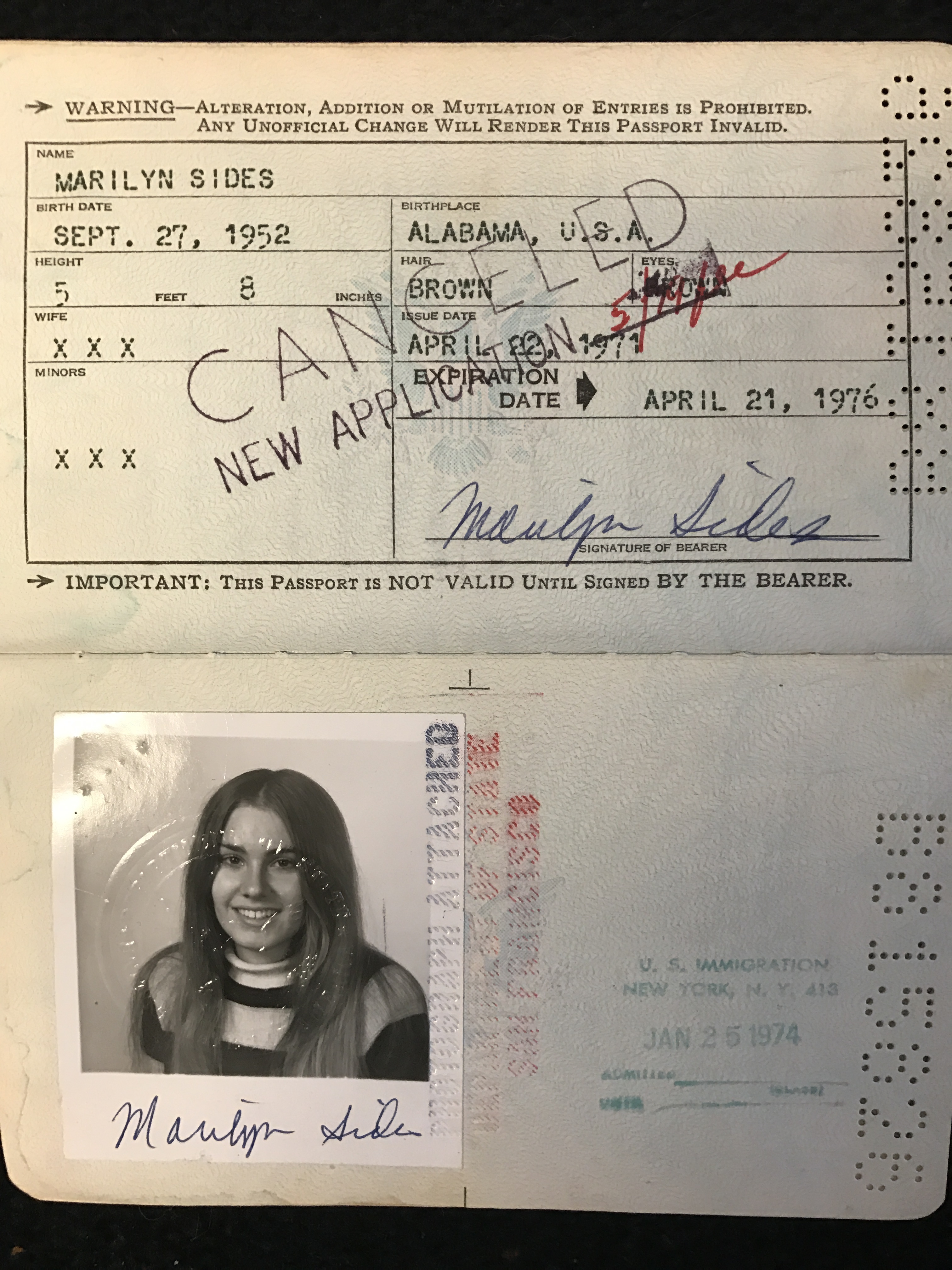At first, I did not recognize the Haiku Master standing in the porch light so late at night. Who was this old man, so tall and frail he might any second tip over, fall slowly, stiffly, lightly like a hollow tree?
I did recognize the white shirt the Master wore. A style of shirt you used to see worn by men in the Southwest, shirts of thin cotton, short-sleeved, pin-tucked up and down the front, two pockets, square-cut bottom. And then I remembered all the members of the Master’s haiku circle wore this shirt, a uniform of sorts. The same shirt I myself was wearing, one of my father’s. The day before, a month after my father’s funeral, I had left my husband behind and driven down from Denver to Cortez to clean out my father’s house—couldn’t put it off anymore. I found a bunch of these shirts in the back of his closet and put one on. The gesture a combination of nostalgia—the shirts reminded me of my father when he was younger—and the ruthless practicality required after a death. Good cleaning clothes, then good dust cloths, then I’d throw them out.



